Vietnam sets the target: domestically produced drugs account for 80% of the quantity and 70% of the market value; receive technology transfer for at least 100 original drugs, vaccines, and biological products, thereby helping to reduce the burden of drug costs for patients.

Mr. Ta Manh Hung, Deputy Director of the Department of Drug Administration (Ministry of Health), shared at the conference - Photo: TL
Domestic drug production meets 70% of demand
On December 25, the Institute of Health Strategy and Policy (Ministry of Health) organized a Policy Dialogue conference with the theme " Promoting technology transfer for drug and vaccine production in Vietnam: International experience and proposed solutions ". The program was jointly organized by the Institute of Health Strategy and Policy and AstraZeneca Vietnam.
Speaking at the conference, Mr. Ta Manh Hung, Deputy Director of the Department of Drug Administration (Ministry of Health), said that the total value of Vietnam's pharmaceutical market has increased from 3.4 billion USD in 2015 to 7.46 billion USD in 2022, with an annual growth rate of 12-15%.
In addition, Vietnam currently has 238 factories meeting GMP-WHO standards, of which 17 factories meet GMP-EU standards. To date, Vietnam has produced 15 types of vaccines, meeting 100% of the expanded vaccination demand and 10% of the service vaccination demand.
Regarding drugs, according to Mr. Hung, there are currently about 20 types of drugs with technology transferred from multinational companies such as AstraZeneca, Servier, and Viatris.
According to the leader of the Drug Administration, currently, the proportion of domestically produced drugs meets about 70% of the quantity, but only accounts for about 46.3% of the consumption value, and the raw materials for drug production must mainly be imported. The pharmaceutical industry still focuses on producing generic drugs, not on high-tech drugs or innovative drugs.
Meanwhile, according to the National Strategy for the Development of Vietnam's Pharmaceutical Industry to 2030 and Vision to 2045, the goal is to develop Vietnam's pharmaceutical industry into a center for the production and technology transfer of generic drugs in the ASEAN region.
By 2030, strive to have domestically produced drugs account for 80% of the quantity and 70% of the market value; receive technology transfer for at least 100 original drugs, vaccines, and biological products.
Transfer of drug production technology, reducing burden on patients
According to experts at the conference, technology transfer plays an important role in improving the production capacity of the pharmaceutical industry.
At the same time, it allows Vietnam to quickly access modern technology, reduce research and development costs, produce high-tech drugs, ensure medical security and proactively control supply sources.
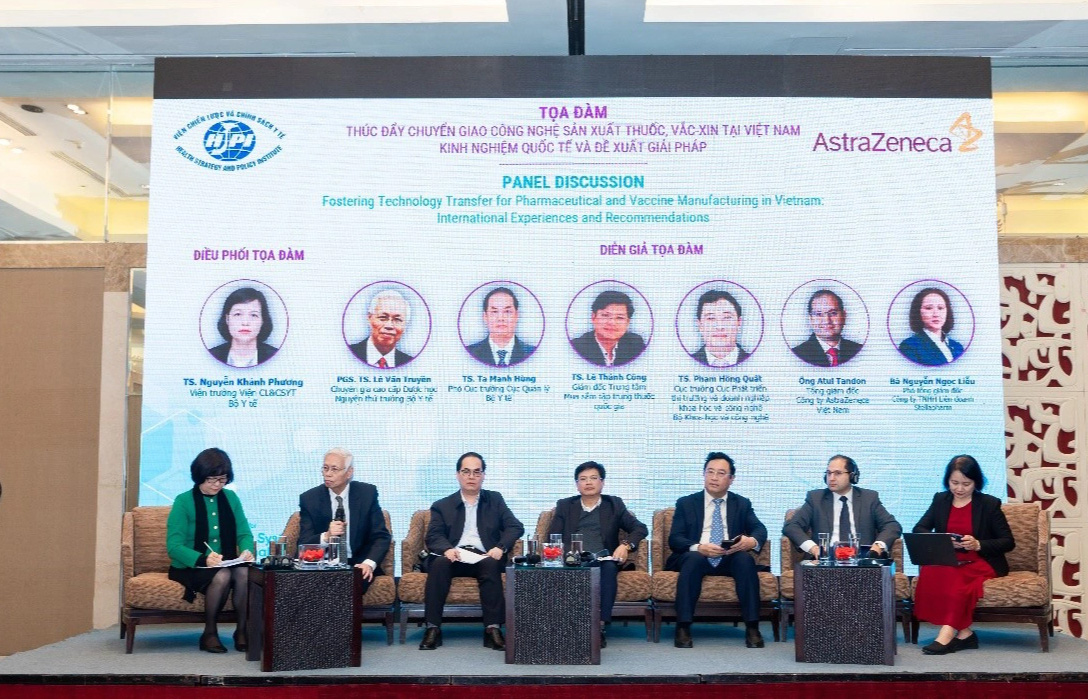
Experts attending the discussion at the conference - Photo: TT
In addition, the pharmaceutical industry will increase its competitiveness, attract international investment and expand exports, thereby affirming its position in the regional market.
Sharing at the conference, Ms. Vu Nu Anh, Deputy Director of the Department of Health Insurance (Ministry of Health), also said that the transfer of technology to produce original pharmaceuticals in Vietnam is also related to health insurance.
According to Ms. Nu Anh, when Vietnam can produce original drugs, it will help patients access quality drugs at reasonable prices.
In addition, Ms. Nu Anh also proposed that there should be more policies to encourage technology transfer in medicine.
Dr. Nguyen Khanh Phuong, director of the Institute of Health Strategy and Policy, also said that international experience shows that the success of technology transfer depends largely on government support and preferential policies.
There should be policies to encourage investment, protect intellectual property rights and support infrastructure, creating an environment to attract investment from multinational companies in technology transfer projects.
According to experts at the workshop, to promote effective technology transfer, Vietnam first needs to add preferential policies throughout the technology transfer process.
In addition, it is necessary to address implementation difficulties, such as increasing the level of reasonable discounts in price negotiations and ensuring the time for granting drug circulation registration certificates in accordance with preferential commitments.
The leader of the Drug Administration Department also said that the Ministry of Health is actively developing a system of draft legal documents to guide the implementation of the revised Law on Pharmacy that has just been passed by the National Assembly.
Among them are many new and innovative policies to promote technology transfer and develop the domestic pharmaceutical industry.
Source: https://tuoitre.vn/viet-nam-phan-dau-san-xuat-thuoc-biet-duoc-goc-giam-ganh-nang-cho-nguoi-benh-20241225191949283.htm


![[Photo] In May, lotus flowers bloom in President Ho Chi Minh's hometown](https://vphoto.vietnam.vn/thumb/1200x675/vietnam/resource/IMAGE/2025/5/15/aed19c8fa5ef410ea0099d9ecf34d2ad)

![[Photo] Prime Minister Pham Minh Chinh receives Country Director of the World Bank Regional Office for Vietnam, Laos, Cambodia](https://vphoto.vietnam.vn/thumb/1200x675/vietnam/resource/IMAGE/2025/5/15/2c7898852fa74a67a7d39e601e287d48)
![[Photo] President Luong Cuong attends the National Ceremony to honor Uncle Ho's Good Children](https://vphoto.vietnam.vn/thumb/1200x675/vietnam/resource/IMAGE/2025/5/15/9defa1e6e3e743f59a79f667b0b6b3db)











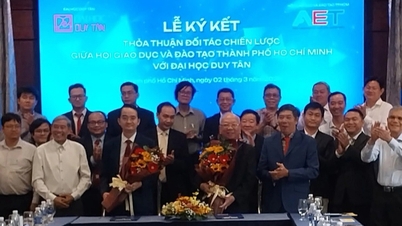

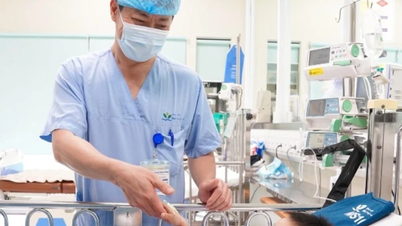

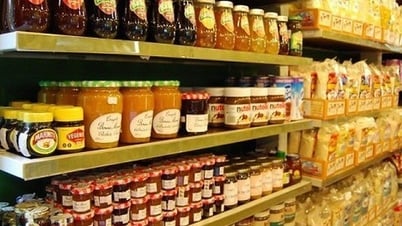

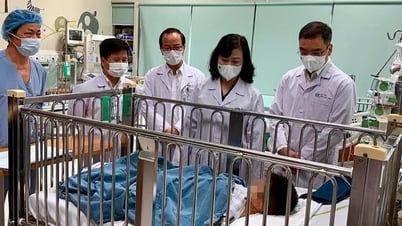






















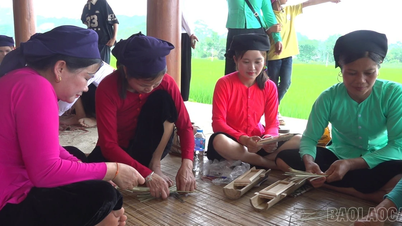


























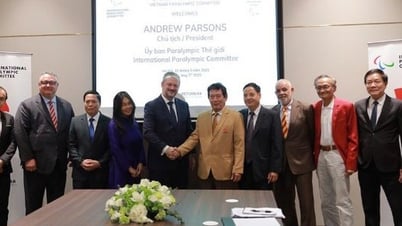























Comment (0)